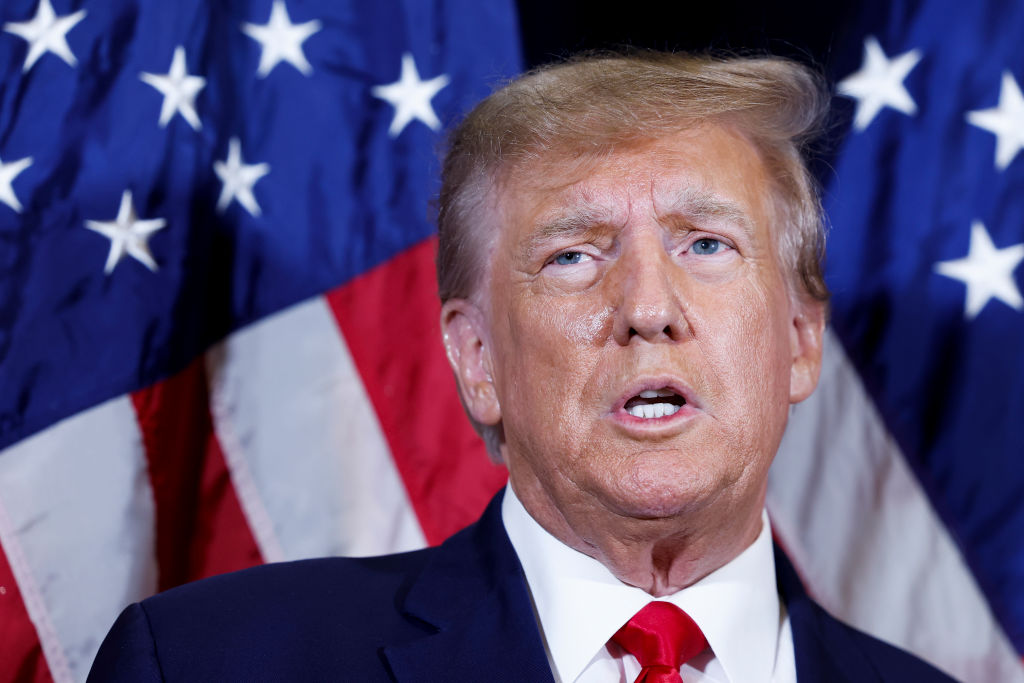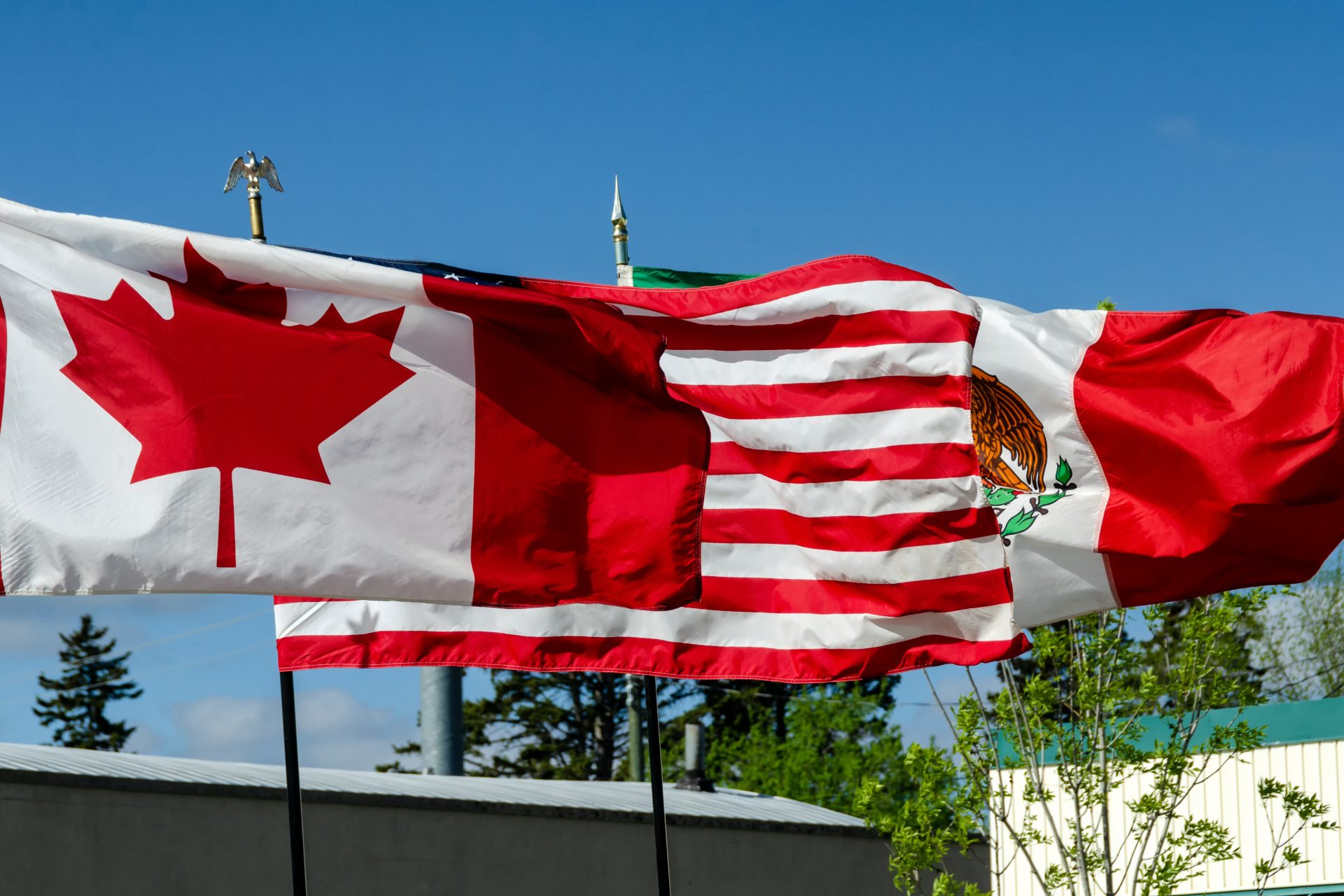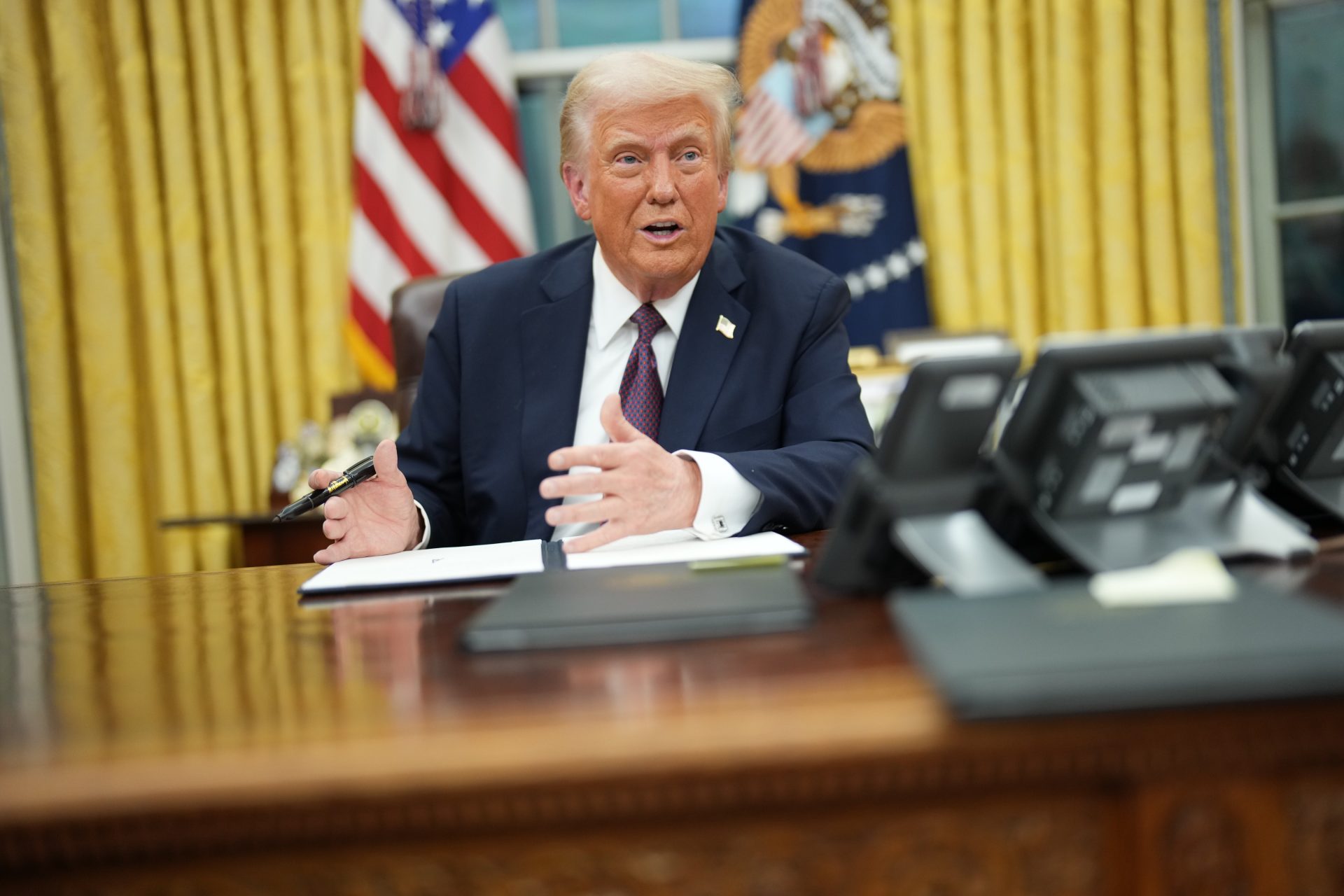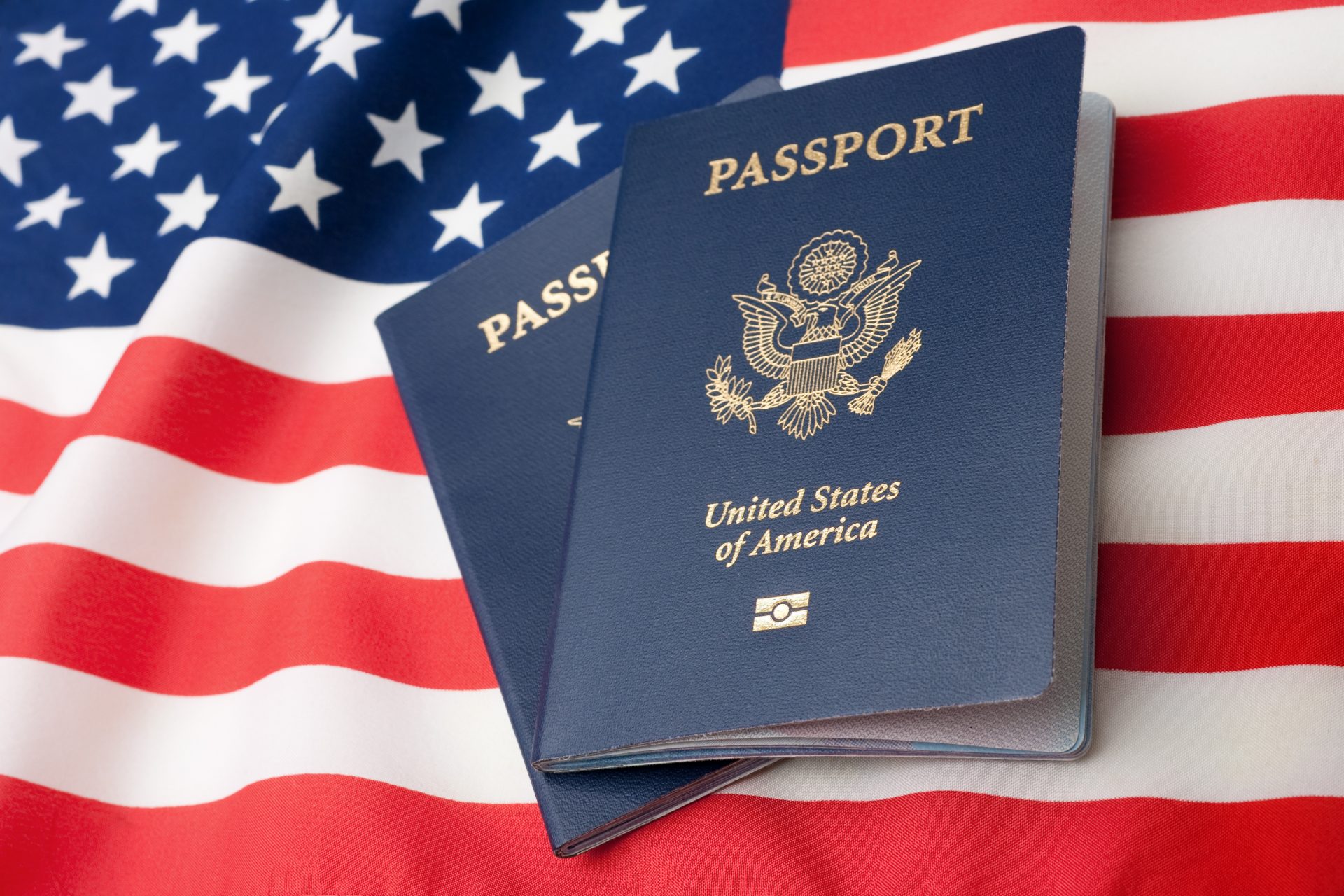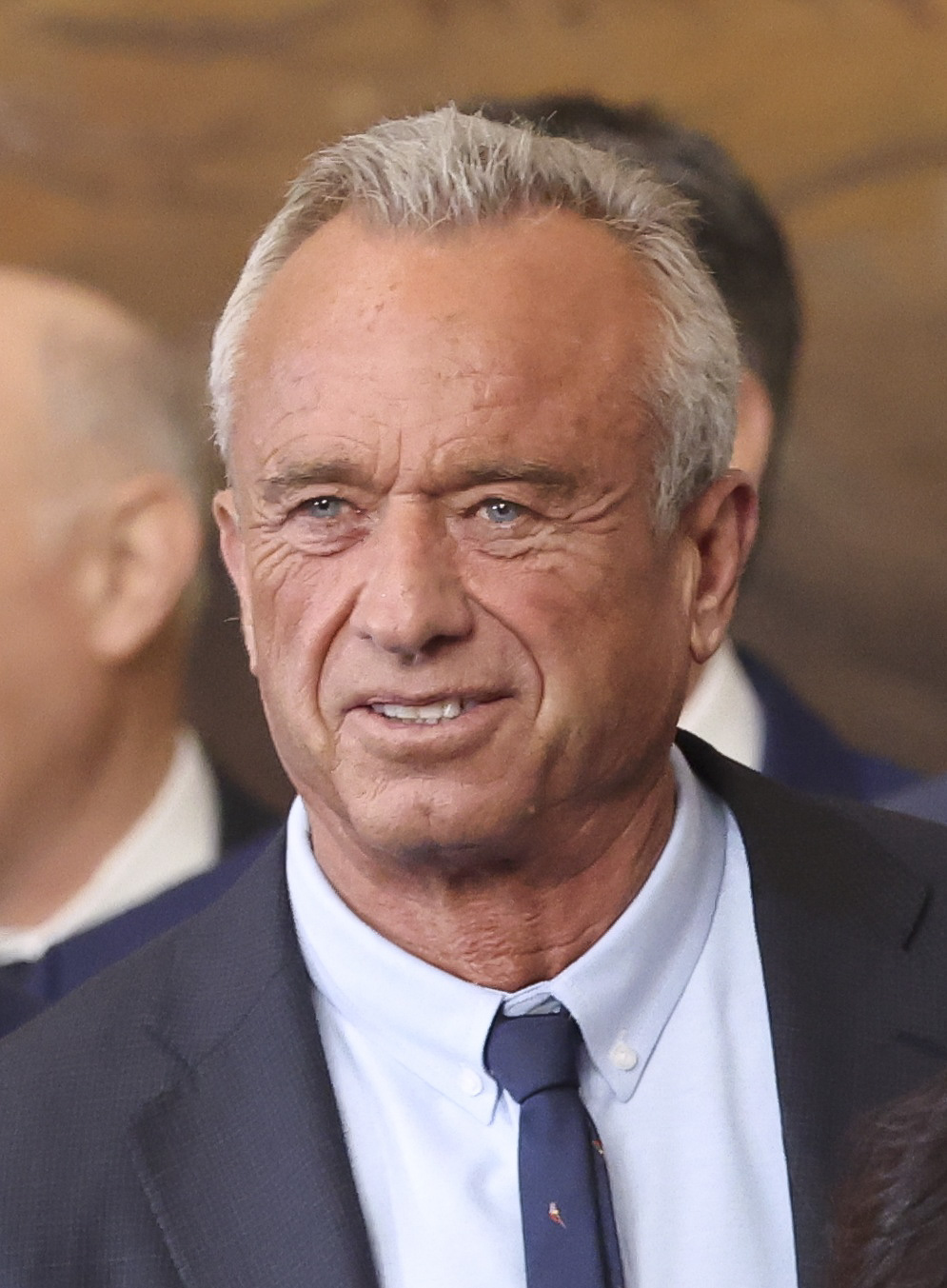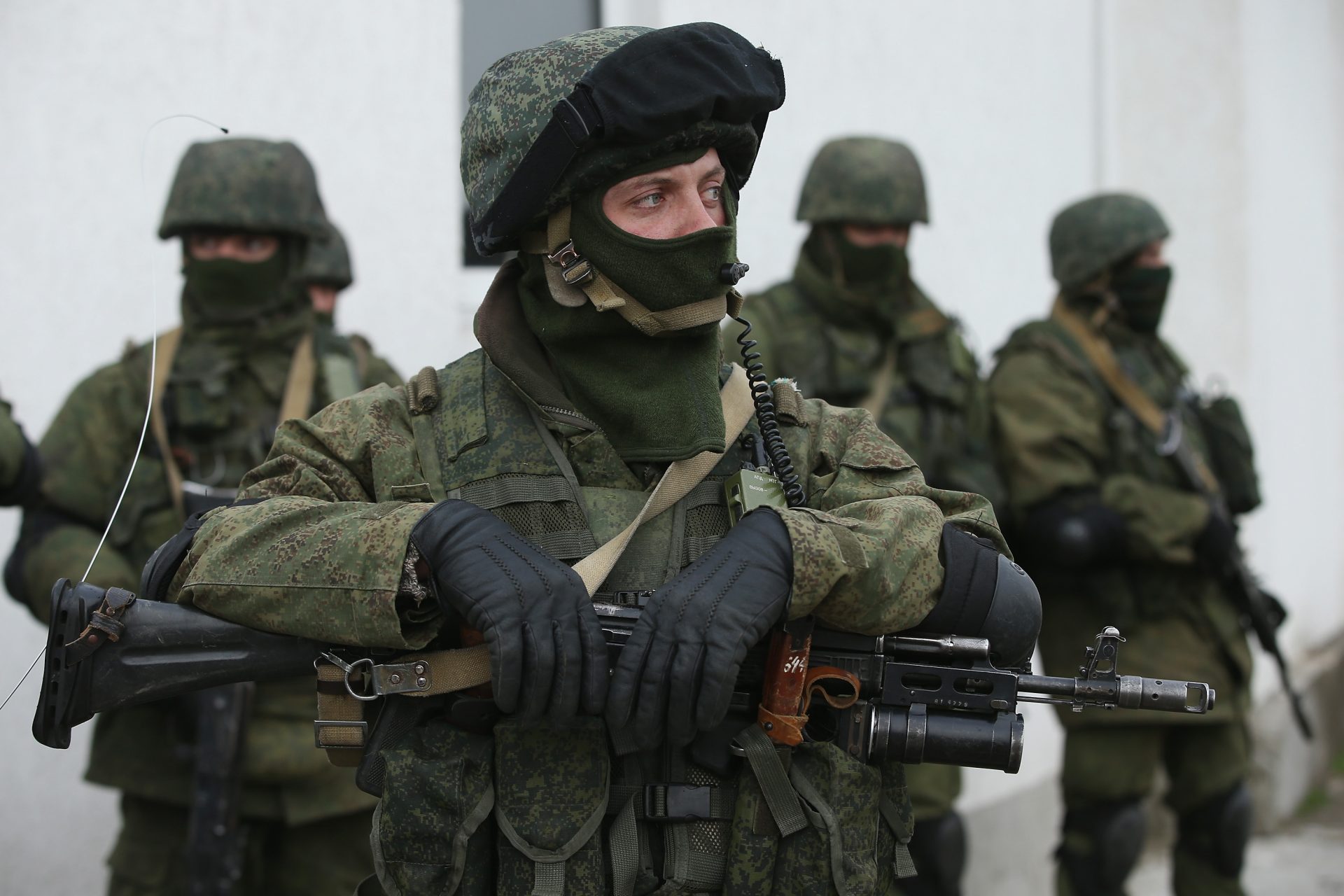Why you no longer hear about monkeypox in the news
Nature magazine reports that from April to October over 70,000 monkeypox cases have been registered in more than 100 countries. During the summer, there were fears that monkeypox could be the new Covid-19.
However, a dramatic fall in cases makes Nature speculate the virus has been contained thanks to the international public health systems' swift actions, including broad vaccination campaigns.
Nature highlights that, although monkeypox doesn't spread airborne like Covid-19, it isn't highly transmissible as smallpox or as long-lasting as HIV. However, this doesn't mean we won't have to worry about the virus anymore.
However, so little is known about how monkeypox could spread and evolve that it is better to be safe than sorry.
What is true is that back in July and August, the World Health Organization warned about the rapid expansion of the virus in Europe and the United States.
And that there are many myths and rumors about monkeypox that are important to dispel.
How do you get infected? After all, monkeypox is different from coronavirus. Close contact is necessary for contagion to occur. The WHO has stated that “it spreads from person to person through direct contact with someone who has a skin rash of monkeypox”.
It is through close physical contact (skin-to-skin, kissing, making love) that the risk of infection is the highest. Skin rash sores are the most likely source of infection.
The World Health Organization assumes that spread can occur “when an infectious person touches clothing, bedding, towels, objects, electronics, and surfaces. Someone else who touches these items can then become infected. It is also possible to become infected from breathing in skin flakes or viruses from clothing, bedding, or towels. This is known as fomite transmission”.
However, many experts believe that the risk of getting monkeypox through objects or clothing is relatively small. The epidemiologist Saskia Popescu, consulted by The New York Times, stated that “personally, I’m less concerned with trying clothing on in the store”.
Image: Burgess Milner/Unplash
Likewise, according to the experts consulted by The New York Times, it is unlikely to become infected by opening a door or touching an object with a non-porous surface.
Image: Super Snapper / Unsplash
Although the WHO agrees that is possible for the virus to spread through droplets from skin rashes, unlike the coronavirus, airborne transmission is not possible except in short-range cases.
The risk of infection from short-range droplets or spread from the air reduces if we keep a distance from infected individuals (at least 10 feet or about three meters) and wear proper face masks.
Of course, large gatherings with massive crowds such as concerts and parties are places where the risk of catching monkeypox increases.
Image: Yvette de Wit/Unsplash
In any case, the WHO admits that “possible mechanisms of transmission through the air for monkeypox are not yet well understood and studies are underway to learn more”.
It also has to be yet scientifically proven that fluids exchanged while making love can carry the virus.
With this information, plus given the percentage of infected people, we can infer that using public transportation carries little to no risk, along with other activities such as going to the movies or attending a sporting event.
Image: Eddi Aguirre / Unsplash
Something similar happens with schools and colleges. You can't get infected by sitting at a desk that has been used by someone with monkeypox.
Image: MChe Lee / Unsplash
Although gay and bisexual men have been disproportionately affected by monkeypox, it's important to highlight that, despite what some voices in the media have said, is not exclusive to the gay community.
The virus can affect all people equally, and there are reports of many women and children getting monkeypox.
Monkeypox spreads through ulcers, wounds, and sores. That's why, at the slightest suspicion, it's better to be in quarantine, limit contact as much as possible, and wait to do the relevant test.
The mortality rate for monkeypox is low, with the World Health Organization claiming that it doesn't even surpass 1% of all cases.
We can't do much, except trust in science. Universal vaccination, as what happened with Covid-19, wouldn't be out of the question to protect the general population from monkeypox.
More for you
Top Stories



























